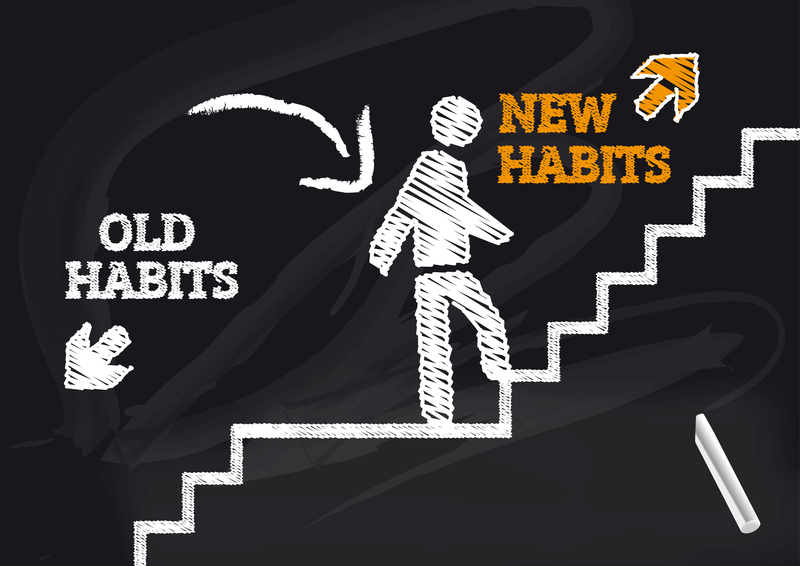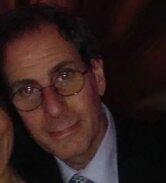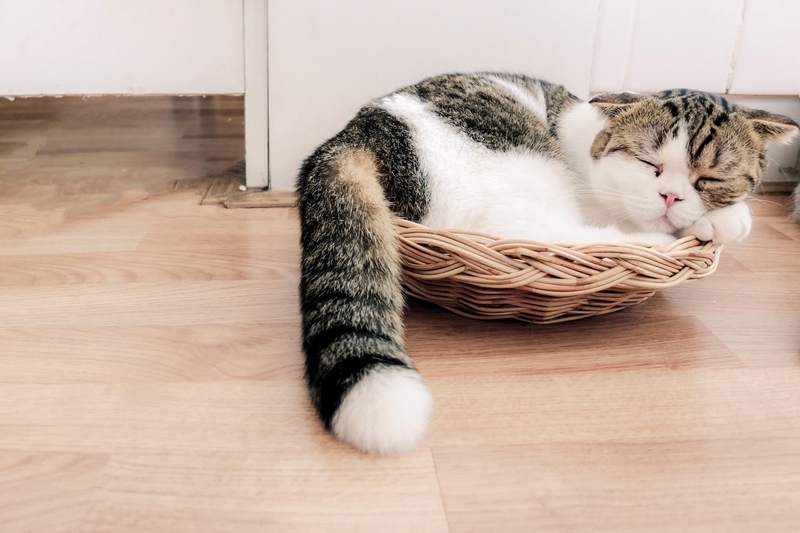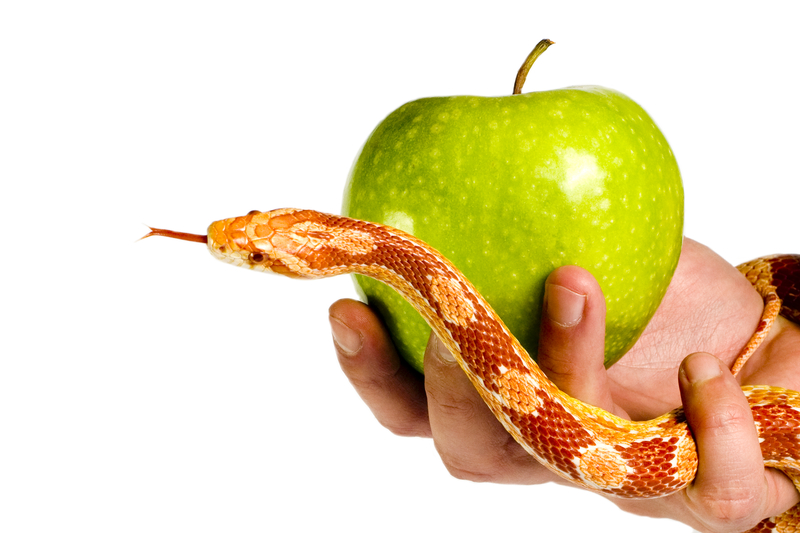Forces of Habit

A habit is a labor saving device. It saves us from having to constantly relearn those tasks we perform on a regular basis. This, of course, can be a double-edged sword: making it just as easy to form a bad habit, as it is a good one. To change a habit, we must first find good reason. Then, we must find the requisite time and energy. Knowledge alone is not enough to change the trajectory of an impulse: It requires concentrated thought and intense focus. If either wanes, old habits take hold and, for all intents and purposes, we become automatons. Even so, when these automatic actions fortuitously harmonize with life, it is divine. But, when these mindless activities clash with the laws of nature, we unwittingly unleash demonic forces.
When we understand the motivational triangle, we understand why habits form with relative ease and break with absolute difficulty. We are naturally inclined to seek pleasure, avoid pain, and save energy. If something feels good, we tend to repeat it. If something feels bad, we usually forsake it. Unfortunately, it's not so much a matter of what is right or wrong, but rather of what is easy. Feelings trump cognition. Even when we know that pain will come tomorrow as a consequence of our actions today, we find it hard to deny ourselves pleasure. It takes much less effort to give in than to hold back, especially when holding back brings immediate pain - something we instinctively deflect. That's why we must have a powerful reason - one that is worthy of our disciplined anguish - one that justifies the pain of abstinence.
Change is hard. It demands that we, both willingly and willfully choose discomfort. And although this discomfort is relatively short-lived and manageable when measured by the clock, it seems protracted and intractable when measured by our psychological experience. Our natural response is to recoil from pain; but change asks that we not only endure it - we indulge in it.
Strong purpose can motivate us to change the way we live, but only the formation of positive habits will allow us to persevere in spite of the inevitable decay of our enthusiasm. Here, habituation works in our favor. Acquired knowledge becomes innate action and what once was arduous becomes second nature. It is when we are filled with inspiration and highly motivated that our new behavior must be relentlessly performed and our old conduct cast aside. Passion moves on, leaving habit in its footprint.
Through this process, we gradually weaken our old destructive habits, as we build and reinforce the circuitry for our new life-affirming activities. If we faithfully sustain this shift in behavior for a respectable period of time, we will successfully rewire our brains to light up with pleasure in response to normal physiological levels of stimulation. We will no longer have to resort to unnatural and super normally stimulating sources of excitement to feel satisfied. It takes strong purpose, time and effort, but the addiction cycle can be broken and the brain can be rebooted.
A habit is a good thing, providing it is preceded by a good action, which in turn is preceded by a good thought. Our habits build our character and our character builds our destiny. We must not ordain a habit - too formidable to address - a sacred law, never to be questioned, let alone broken. Challenge those behaviors of unknown origin. Are they nothing more than reflexes that we have uncritically accepted as something greater? Can the character flaw that has invariably sabotaged and dispirited us, and which we have always believed to be fatal, be fixed by simply changing our habits? Yes, providing we have a compelling reason to do so.
Without purpose, our habits become nothing more than the result of any number of random thoughts and actions, which, in turn, leads us to some random, unchartered destination. No wonder we lament. No wonder we are resentful. No wonder we are frustrated. But with purpose and meaning, habits serve us brilliantly, saving us time and energy, allowing us to move towards our goals with greater speed and efficiency.
When habits form arbitrarily - that is, from a mismatch of whimsical actions – they keep us from evolving to a higher level of personal existence. They trap us in an undesirable place by squandering our resources. But when our actions are organized by meaning and purpose, the habits that result work to our advantage, freeing up our time and energy, so we may become productive in other ways. Because habit is such an effective labor saving tool we must clearly understand that it can just as easily be friend or foe. Without habit, we cannot move on, and oftentimes, because of habit, we do not move on – an extraordinarily powerful mechanism that can help or hinder. So beware: this inherently brilliant labor saving device can be our shortcut to heaven or our fast track to hell.
As a natural health consultant for over 25 years Mark Houllif has been teaching the scientific principles of health promotion. The goal is to guide the individual back to health using natural and nutritonal methods. By removing the causes of disease and establishing conditions of health we allow the body to most powerfully manifest its natural healing tendencies.











